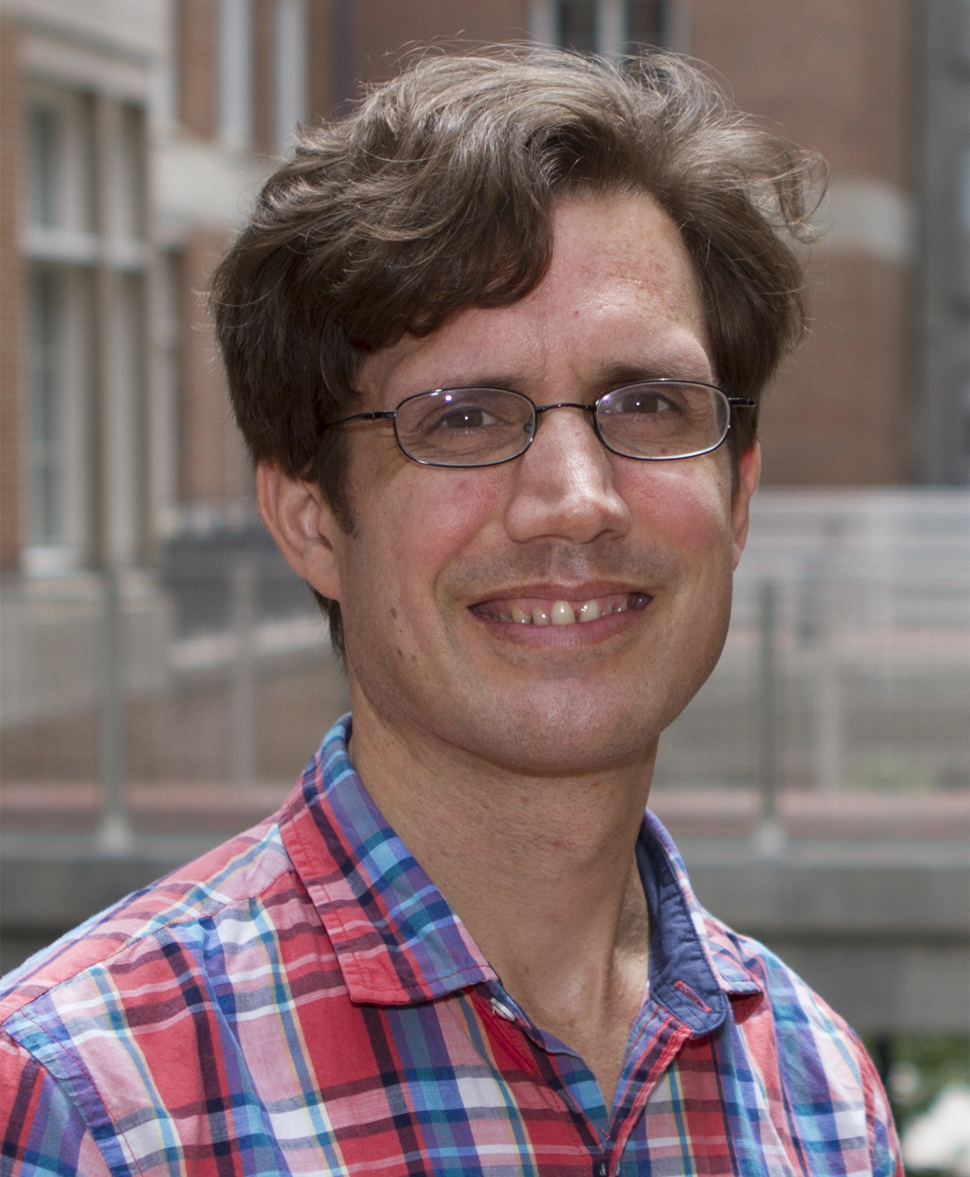
Andrew Moran
Professor
Caudill Laboratories 120919-962-0289
ammoran@email.unc.edu
Group Website
Curriculum Vitae
Research Interests
Spectroscopy and Dynamics in Condensed Phases; Nonlinear Optics
Research Synopsis
Knowledge of charge transport mechanisms informs the development of novel photovoltaic materials. For this reason, transient absorption spectroscopies are often conducted on isolated systems to characterize elementary energy and charge transfer processes. In these experiments, a “pump” laser pulse initiates charge transport and a “probe” laser pulse tracks the concentrations of photoexcited species as a function of time. Unfortunately, there is no guarantee that the species observed in such ex-situ experiments are functionally significant. For example, charge carriers that relax by emitting light do not contribute to the electric current produced by a device but can still be observed by transient absorption spectroscopy. Our group has developed time-resolved photocurrent spectroscopies to eliminate the ambiguities associated with conventional transient absorption methods. We apply a sequence of laser pulses to a photovoltaic cell and measure the nonlinear response of the photocurrent. Charge carrier trajectories are determined by varying the wavelengths of the laser pulses in addition to the times at which they arrive at the device. With this approach, charge carrier mobilities can be decomposed into contributions from specific paths taken through the active layer of a photovoltaic cell. Our newly developed techniques provide fundamental insights into carrier transport mechanisms and establish practical metrics of device performance. These methods are now being applied to photovoltaic devices based on semiconductors and polymers.
Professional Background
B.S. Chemistry, University of Nebraska at Omaha, 1999; Ph.D., Physical Chemistry, Kansas State University, 2002; Postdoctoral Fellow, University of Rochester, 2002-2003; Postdoctoral Fellow, Northwestern University, 2003-2004; Postdoctoral Fellow, University of Chicago, 2004-2007; National Science Foundation CAREER Award, 2010-2015
News & Publications

Saba Mahmoodpour is the lead author of a recent Journal of Physical Chemistry paper, which focuses on a powerful new technique called nonlinear photocurrent spectroscopy, or NLPC, which uses pairs of short laser pulses to measure how quickly electrical charges move inside thin-film solar cells.

This perspective reviews recent studies of non-covalent interactions involving the π systems of organic cations in low-dimensional OIHPs.

